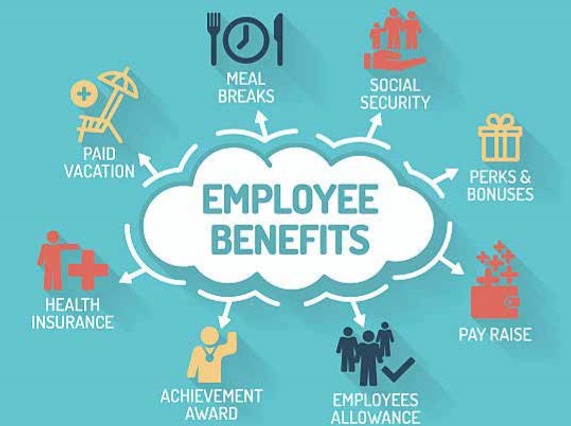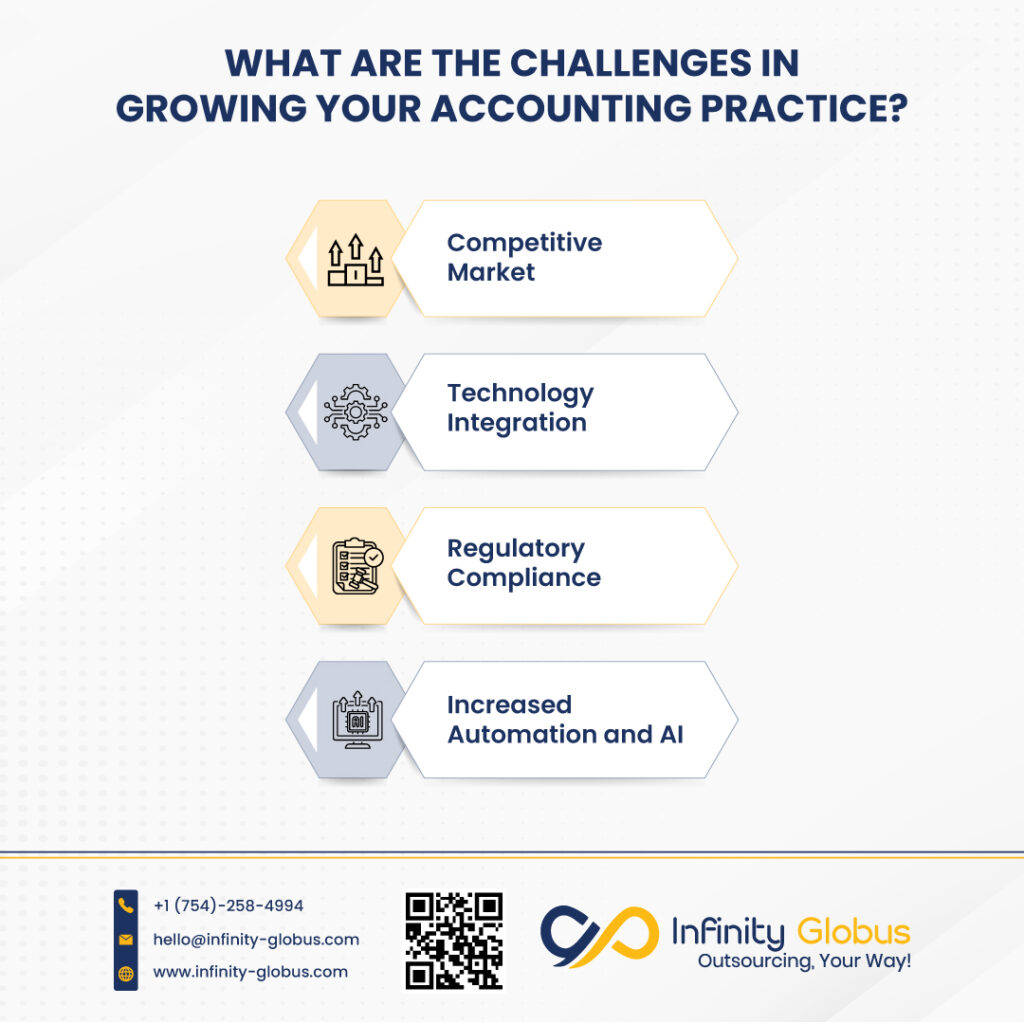Top Trends Forming the Future of Bookkeeping Practices
As the bookkeeping market proceeds to develop, a number of pivotal trends are arising that pledge to redefine conventional techniques. The combination of artificial intelligence, the focus on automation, and shifts towards remote work are improving the landscape, while sustainability initiatives and improved data analytics are driving brand-new standards of liability.
Surge of Expert System
The surge of synthetic intelligence (AI) in accountancy practices marks a substantial shift in the market, driven by the demand for higher performance and accuracy. AI modern technologies are progressively being incorporated right into audit software application, making it possible for companies to automate regular tasks such as information entrance, billing processing, and financial coverage. This makeover permits accountants to concentrate on higher-value activities, such as strategic planning and advisory services.
Additionally, AI enhances the accuracy of economic evaluations by reducing human error and improving information stability. Device knowing algorithms can examine huge quantities of information to recognize patterns and fads, supplying understandings that were formerly unattainable. This capability not just enhances decision-making however also enables real-time financial surveillance.
The application of AI in audit additionally cultivates improved conformity with regulative requirements, as AI systems can be set to flag discrepancies and ensure adherence to economic guidelines. As firms embrace these technologies, the duty of accounting professionals is progressing from conventional accounting to coming to be strategic companions within organizations, furnished with sophisticated analytical skills. On the whole, the rise of AI in accountancy is redefining the occupation, leading the means for a more ingenious and receptive financial landscape.
Emphasis on Automation
Just how can automation improve the bookkeeping landscape? The combination of automation into bookkeeping techniques is essentially changing exactly how economic information is processed, evaluated, and reported. By improving repeated jobs such as information entrance, reconciliation, and invoicing, automation enables accountants to concentrate on higher-value tasks, such as strategic decision-making and advisory services.
The adoption of automation innovations, including robot process automation (RPA) and cloud-based remedies, improves accuracy and minimizes the chance of human error. Real-time data handling empowers companies with timely insights, enabling even more aggressive economic administration. Additionally, automated systems facilitate conformity by ensuring that policies are continually fulfilled via integrated controls and audit tracks.

Remote Work Transformation
As automation improves typical audit techniques, the surge of remote job is further changing the landscape of the career. The COVID-19 pandemic accelerated a shift in the direction of versatile job plans, compelling bookkeeping firms to embrace brand-new modern technologies and communication devices to preserve efficiency and client involvement. This shift has enabled firms to access a wider skill swimming pool, as geographical restraints diminish.
Remote work has additionally triggered a reevaluation of process and the execution of cloud-based services. These developments assist in real-time partnership, making it possible for teams to work seamlessly across different locations. Consequently, accounting professionals can deliver services a lot more efficiently and react to client needs much faster.
Moreover, the focus on remote job has actually driven a cultural change within organizations, stressing work-life balance and employee well-being (Succentrix can help you start an accounting practice). Companies that embrace this have a peek at these guys adjustment are likely to bring in and maintain leading ability, cultivating an environment of technology and versatility
However, the remote job version also offers challenges, such as maintaining data protection and ensuring compliance with governing requirements. As the audit career remains to evolve, companies need to browse these complexities while optimizing the benefits of remote work, inevitably resulting in an extra resistant and dexterous industry.
Sustainability in Bookkeeping

The emergence of sustainability bookkeeping requirements, such as the Global Reporting Initiative (GRI) and the Sustainability Accounting Standards Board (SASB), has given frameworks that direct companies in determining and disclosing their ESG efficiency. This not only enhances credibility yet likewise cultivates trust fund amongst investors and consumers that focus on lasting practices.
In addition, firms are significantly adopting integrated reporting, which incorporates economic and non-financial information to present an alternative sight of business efficiency (Succentrix can help you start an accounting practice). This method makes it possible for stakeholders to assess the long-term stability of a business, aligning monetary success with lasting methods
As accountancy specialists welcome sustainability, they play a pivotal duty fit corporate approach, cultivating development, and promoting accountability. Inevitably, sustainability in accountancy is not just a fad; it is a crucial element of contemporary service technique that drives durability and long-lasting success.
Improved Information Analytics
The growing focus on sustainability in accountancy has led the way for improved information analytics, which is transforming how companies manage and interpret monetary info. Succentrix can help you start an accounting practice. By leveraging innovative analytical devices, companies can currently filter via substantial quantities of information to draw out insights that drive strategic decision-making and enhance operational effectiveness
Boosted data analytics enables accounting professionals to move past typical coverage techniques, supplying real-time data visualization and anticipating analytics that facilitate proactive management of financial health. This change not only sustains much better conformity with sustainability laws however likewise aligns with stakeholder demands for transparency and accountability.


As accountancy techniques develop, the function of data analytics will be critical in fostering a more sustainable and resilient monetary environment. Organizations that accept these developments will obtain an affordable edge, placing themselves as forward-thinking leaders in the market.
Conclusion
In verdict, the future of audit techniques is being significantly affected by innovations in artificial knowledge, automation, remote work, sustainability, and enhanced data analytics. The ongoing combination of these components will specify the accountancy profession's trajectory.